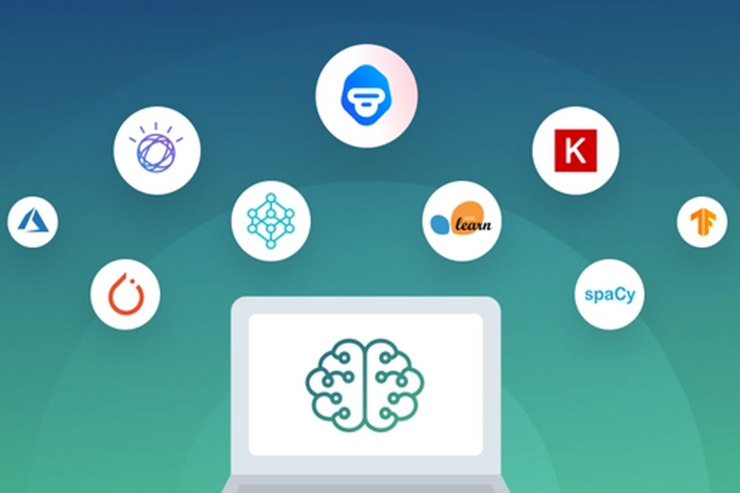Machine learning Program
A comprehensive machine learning training course covers a wide range of topics related to machine learning, which is a subfield of artificial intelligence. The Machine learning, covering the fundamental algorithms and techniques used in various machine learning applications. The depth and breadth of coverage may vary depending on the level and focus of the course.

- Training from Industry Level Project Coders
- Accredited Training Certification
- Average Starting Package: 7-8 LPA
- Top Hiring Partners
Batch Schedule for Machine learning Program
Azsm Enterprizes provides flexible timings to all our students. Here are the Machine learning Program Shedule for our branch. If this schedule doesn’t match please let us know. We will try to arrange appropriate timings based on your flexible timings.
| Mon (Mon - Fri)Weekdays Batch | 08:00 AM (IST)(Class 1Hr - 1:30Hrs) / Per Session | Get Fee |
| Thu (Mon - Fri)Weekdays Batch | 08:00 AM (IST)(Class 1Hr - 1:30Hrs) / Per Session | Get Fee |
| Sat (Sat - Sun)Weekend Batch | 11:00 AM (IST) (Class 3Hrs) / Per Session | Get Fee |
Why I Should Enroll for Machine learning Program?
Machine learning Program has been curated after thorough lookup and pointers from industry experts. It will help you differentiate yourself with multi-platform fluency, and have real-world experience with the most necessary equipment and platforms. Azsm will be via your side for the duration of the studying ride – We’re Ridiculously Committed.

- Higlight Topics Linear RA, Logistic RA, KNN, PCA & SVM
- Programming Python, Java, R Programming, C++, JavaScript
- Tools MS Azure, OpenNN, PyTorch & BigML
-
Offered Fee
Rs. 35,000/- - Discount Offered Fee Rs. 30,000/-
- Amount To Pay (+GST) Rs. 30,000/-
Machine learning Course Curriculum

